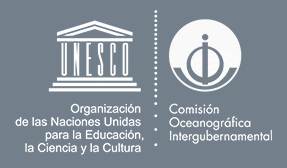Displaying 893 results.
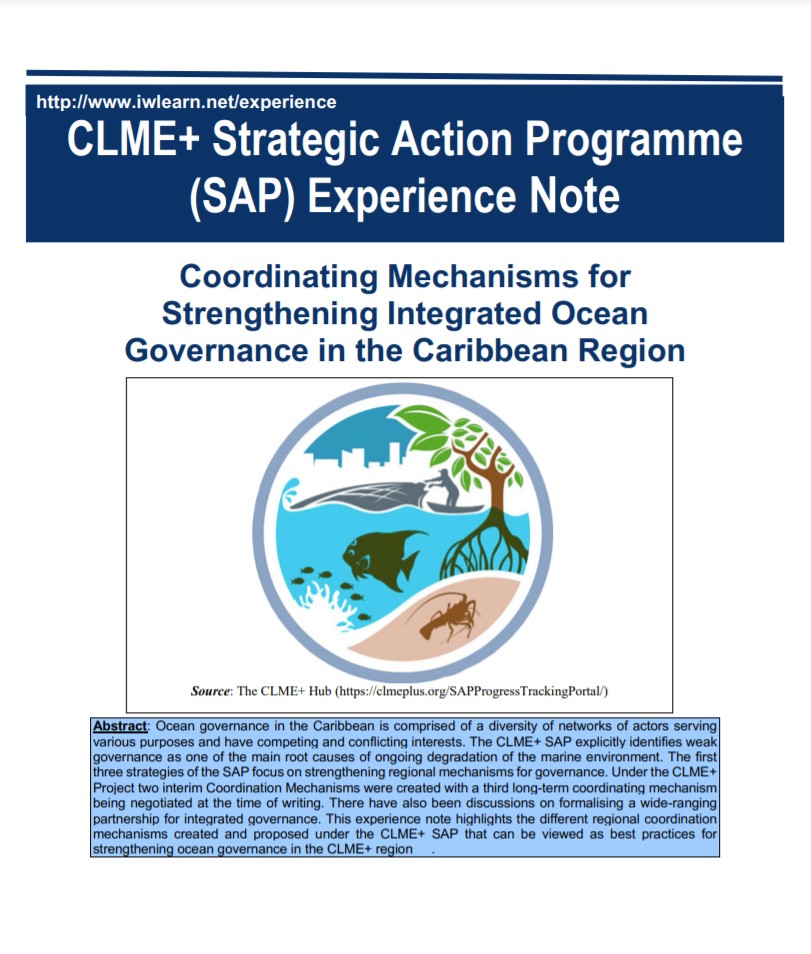
CLME+ Strategic Action Programme (SAP) Experience Note: Coordinating Mechanisms for Strengthening Integrated Ocean Governance in the Caribbean Region
Ocean governance in the Caribbean is comprised of a diversity of networks of actors serving various purposes and have competing and conflicting interests. The CLME+ SAP explicitly identifies weak governance as one of the main root causes of ongoing degradation of the marine environment. The first three strategies of the SAP focus on strengthening regional mechanisms for governance. Under the CLME+ Project two interim Coordination Mechanisms were created with a third long-term coordinating mechanism being negotiated at the time of writing. There have also been discussions on formalising a wide-ranging partnership for integrated governance. This experience note highlights the different regional coordination mechanisms created and proposed under the CLME+ SAP that can be viewed as best practices for strengthening ocean governance in the CLME+ region.
Author: UWI-CERMES
Year: 2020
Keywords: Coordination, Mechanisms, Integrated, Ocean, Governance, Caribbean C-SAP, governance
 6
6


 Report issue
Report issue
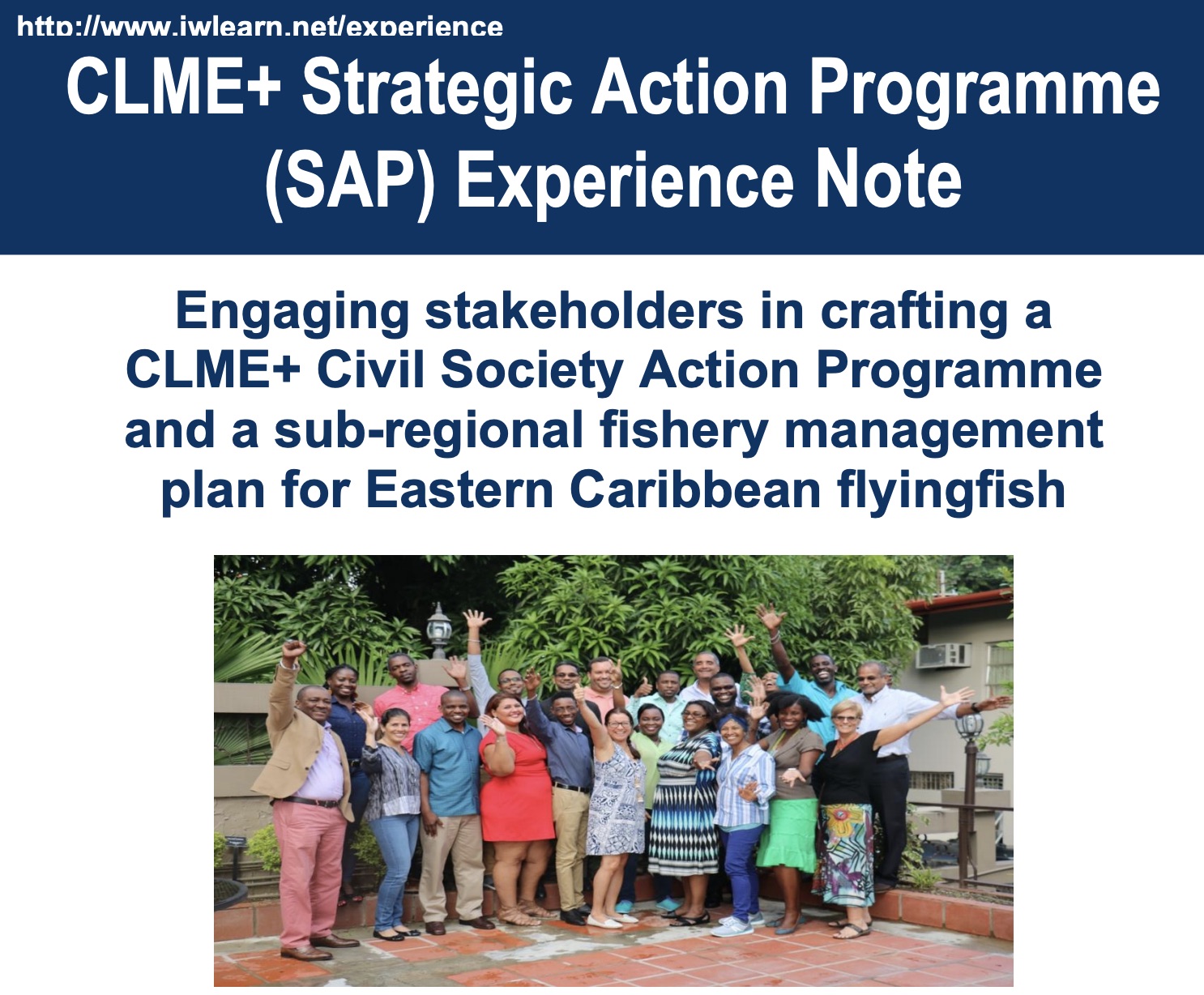
CLME+ Strategic Action Programme (SAP) Experience Note: Engaging stakeholders in crafting a CLME+ Civil Society Action Programme and a sub-regional fishery management plan for Eastern Caribbean flyingfish
The University of the West Indies – Centre for Resource Management and Environmental Studies (UWI/CERMES) has been working with the CLME+ Project partners to identify and share best/good practices and experiences from CLME+ SAP implementation within the region. Globally sharing lessons learned helps to improve the understanding, further implementation and uptake of the SAP by the CLME+ partnership and global LME Community of Practice (COP). This experience note focuses on the best practices and lessons learned from engaging civil society in one aspect of the implementation of the CLME+ SAP through a selected CLME+ Sub-Project.
Author: UWI-CERMES
Year: 2020
Keywords: SAP Experience Note C-SAP flyingfish C-SAP, Flyingfish, SAP
 10
10


 Report issue
Report issue

CLME+ Strategic Action Programme (SAP) Experience Note: The ocean governance research and science agenda: supporting collaboration and engagement in the Wider Caribbean Region (WCR)
The various projects, programmes and initiatives under the CLME+ have brought together stakeholders from across the region and internationally to collaborate and engage in ocean governance research and science agenda-setting in the Wider Caribbean Region (WCR). The science research agenda was developed primarily to mitigate deleterious effects resulting from poor governance; and manage the unforeseen impacts on the marine ecosystems in the CLME+ region. To achieve this goal, the main focus is on developing mechanisms that integrate scientific information into the regional governance framework (RGF). There are several lessons that can be learned and best practices utilised from all the useful research that has been and continues to be done in the CLME+ region. This experience note highlights some of lessons learned and best practices observed from collaborative and engaging activities at the nexus of the region’s science-policy interface.
Author: UWI-CERMES
Year: 2020
Keywords: Research, Science, Ocean, Governance, Collaboration C-SAP, governance
 5
5


 Report issue
Report issue
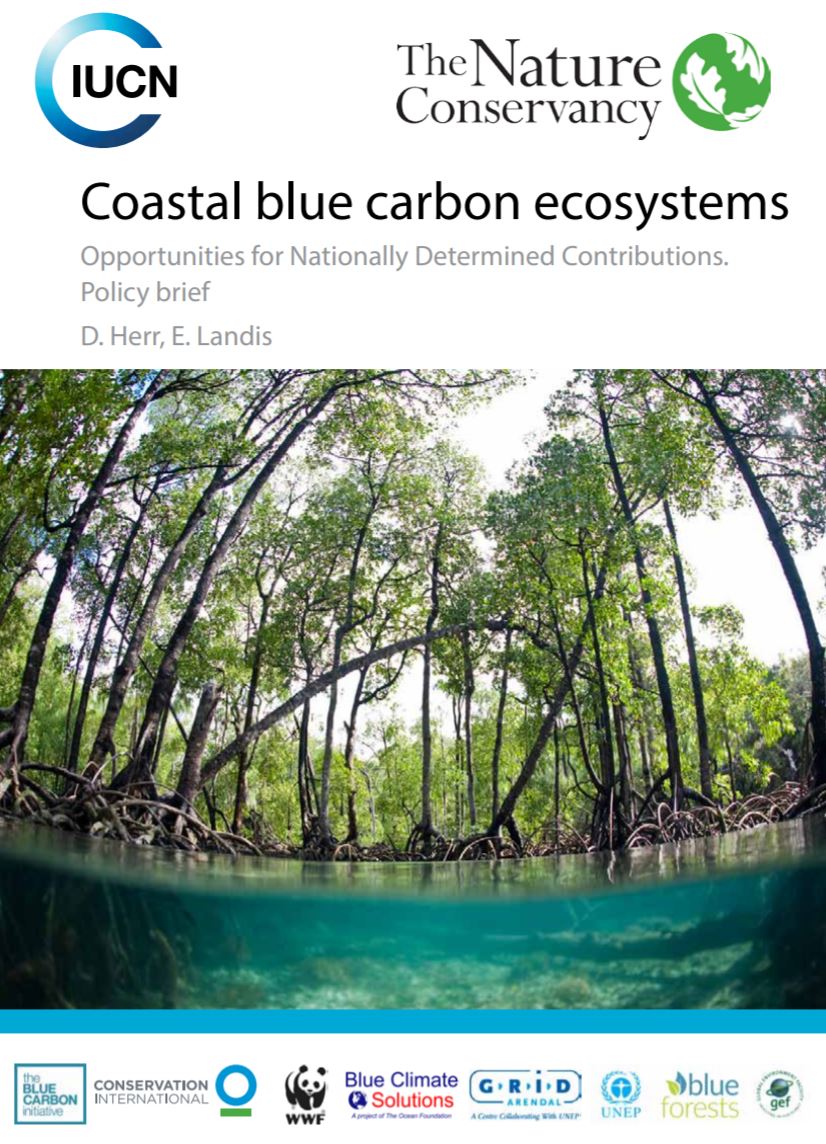
Coastal blue carbon ecosystems
This policy brief examines the existing Intended Nationally Determined Contributions (INDCs) and ratified National Determined Contributions (NDCs) with regard to the inclusion of specific efforts addressing blue carbon ecosystems, namely mangroves, tidal saltmarshes and seagrasses, as climate mitigation or adaptation solutions.
Author: Herr, D., Landis, E.
Year: 2016
Keywords: Climate change, Impact mitigation, International agreements, Coastal ecosystems blue carbon
 4
4


 Report issue
Report issue
Code of Conduct for Responsible Fisheries (FAO)
The Committee on Fisheries (COFI) at its Nineteenth Session in March 1991 called for the development of new concepts which would lead to responsible, sustained fisheries. Subsequently, the International Conference on Responsible Fishing, held in 1992 in Cancûn (Mexico) further requested FAO to prepare an international Code of Conduct to address these concerns.
Author: FAO
Year: 1991
Keywords: Recreational Fisheries Working Group Working Group, fisheries
 6
6


 Report issue
Report issue
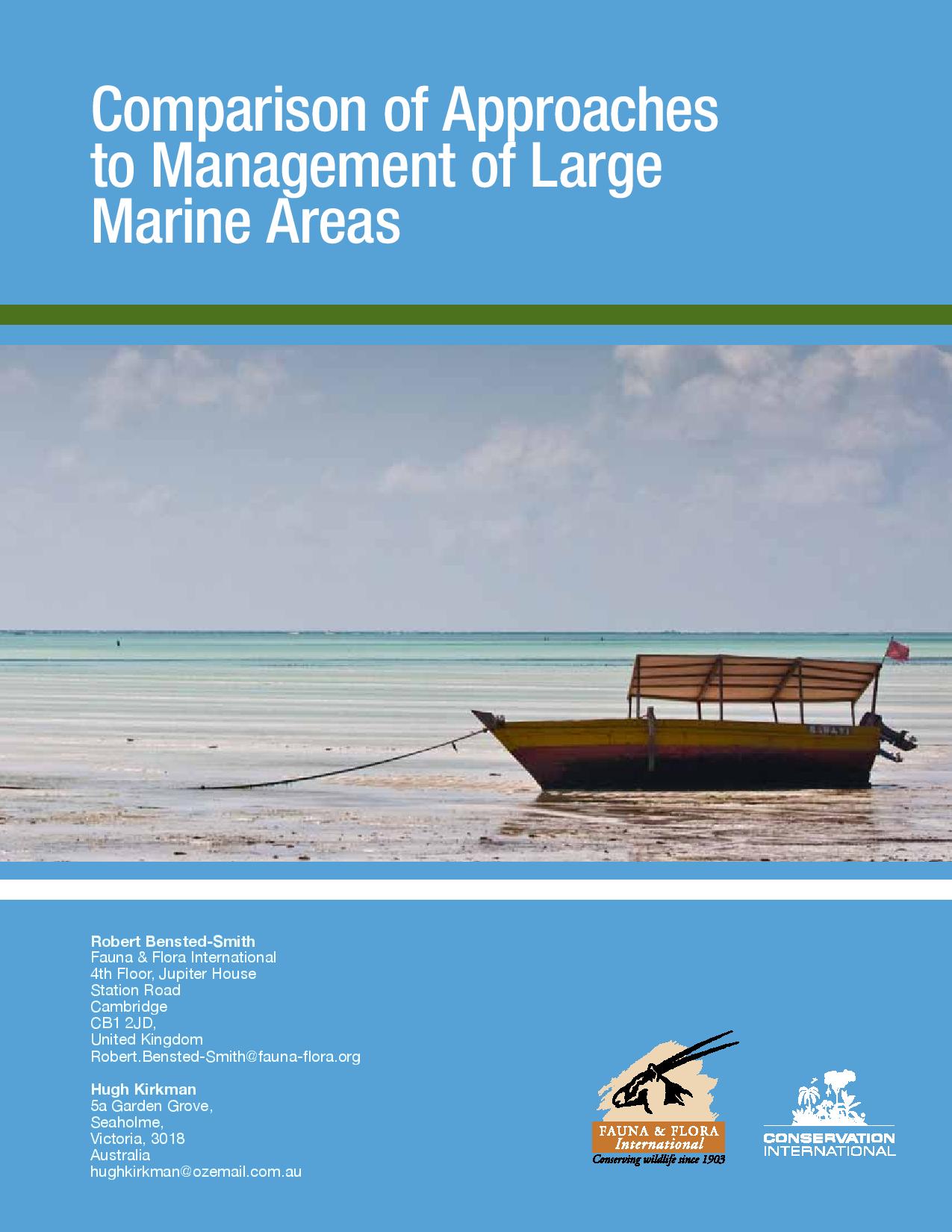
Comparison of Approaches to Management of Large Marine Areas
The ocean makes up the Earth’s primary life support system, comprises 70 percent of our planet’s surface and is essential to human well-being and prosperity. Ocean ecosystems are threatened by unsustainable fishing, global change, habitat destruction, invasive species, and pollution – the combined effects of which are far more destructive than individual threats on their own.
Effectively addressing these threats requires comprehensive ocean management at large scales. Several models exist for achieving such large scale marine management, each of which tackles a broad range of issues with its own suite of inputs, objectives and methodologies. Often, more than one of these frameworks are applied to the same or similar geographies by different institutions.
In order to learn more about the different approaches to managing large-scale marine areas, their comparative merits, and the synergies and overlaps between them, CI commissioned this independent analysis of several widely applied models. Although the report was commissioned by CI, the views expressed in this report are those of the authors; they were charged with providing a critical examination of all the assessed approaches, including the Seascapes approach.
Author: Bensted-Smith, R., and. Kirkman, H.
Year:
Keywords: Large Marine Ecosystems, marine habitats
 5
5


 Report issue
Report issue
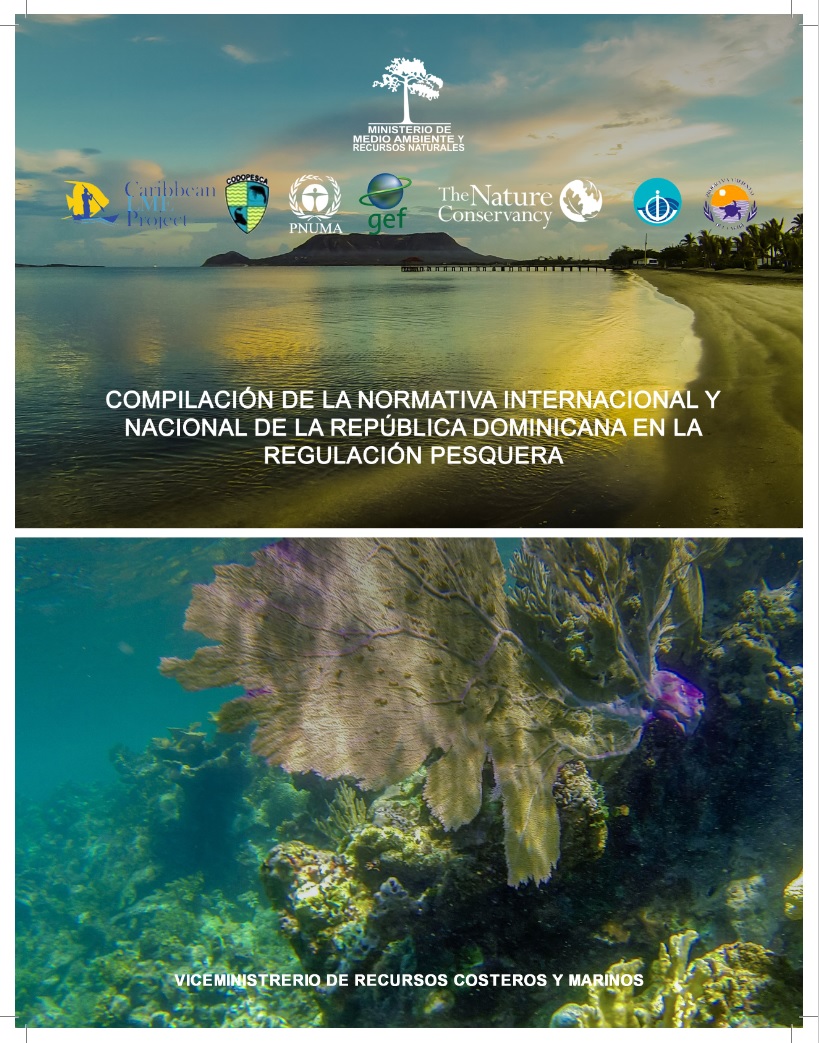
Compilación de la Normativa Internacional y Nacional de la República Dominicana en la Regulación Pesquera
El presente documento contiene una actual compilación de los instrumentos jurídicos sobre regulación pesquera tomando en consideración los aspectos fundamentales del proyecto piloto Manejo y Conservación de la Pesquería y Biodiversidad Arrecifal de la Provincia Montecristi, República Dominicana, que son: Los recursos marinos vivos, los recursos marinos transfronterizos, las expresiones de gobernanza de los recursos naturales a diferente escala geográfica y la protección y manejo de áreas marinas protegidas.
Author: ViceMinisterio de Recursos Costeros y Marinos, Ministerio de Ambiente y Recursos Naturales, Republica Dominicana
Year: 2012
Keywords:
 5
5


 Report issue
Report issue
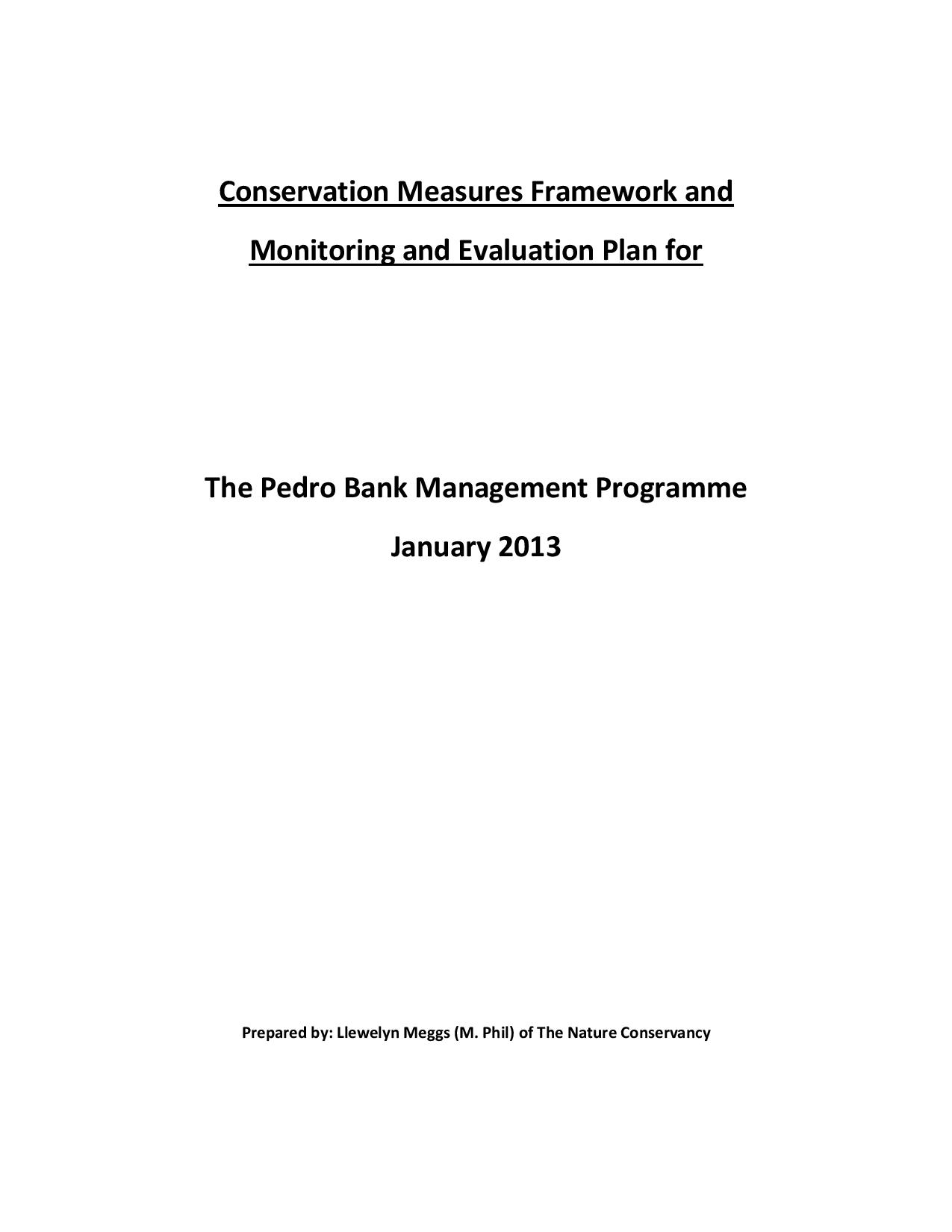
Conservation Measures Framework and Monitoring and Evaluation Plan for The Pedro Bank Management Programme
Author: Meggs, L.
Year: 2013
Keywords: The Pedro Bank Management Programme
 4
4


 Report issue
Report issue
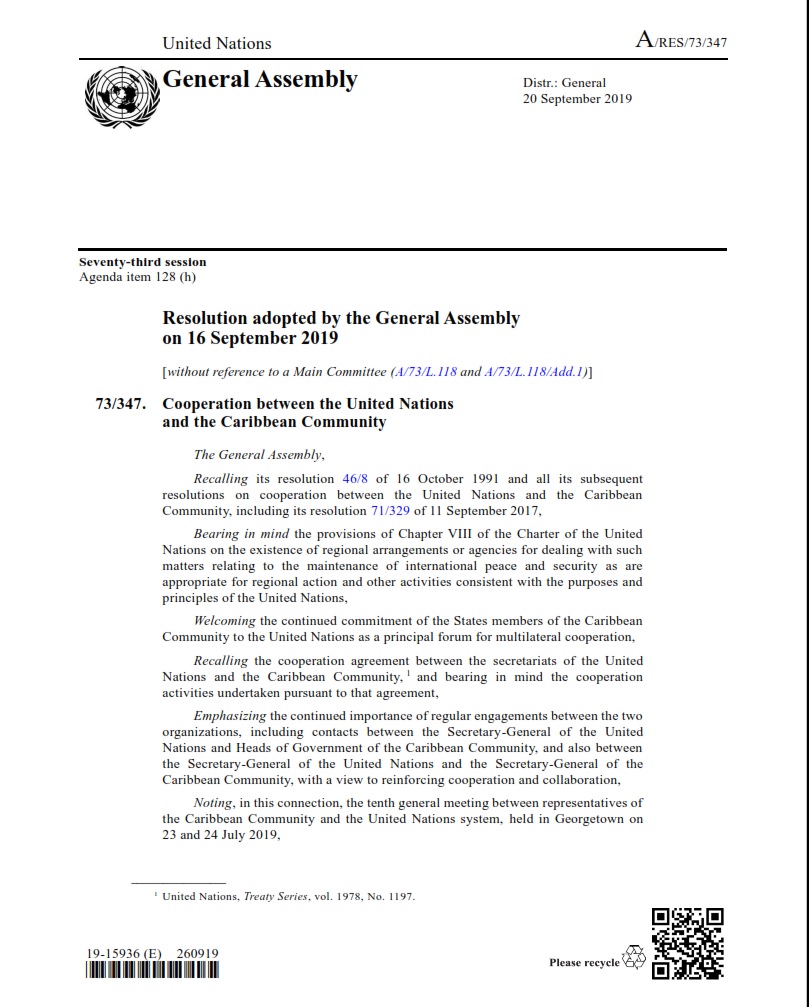
Cooperation between the United Nations and the Caribbean Community: resolution / adopted by the General Assembly
In this resolution the General Assembly affirms the need to further expand and deepen the cooperation that already exists between the Caribbean Community and the United Nations agencies, funds and programmes, so as to enhance coherence and effectiveness in the partnership among the United Nations, the Caribbean Community and the States members of the Community. The assembly also calls on the United Nations system and the international community to continue to assist in furthering the development and maintenance of peace and security within the Caribbean region and requests the Secretary-General to submit to the General Assembly at its seventy-fifth session a report on the implementation of the present resolution.
Author: UN General Assembly
Year: 2019
Keywords:
 5
5


 Report issue
Report issue
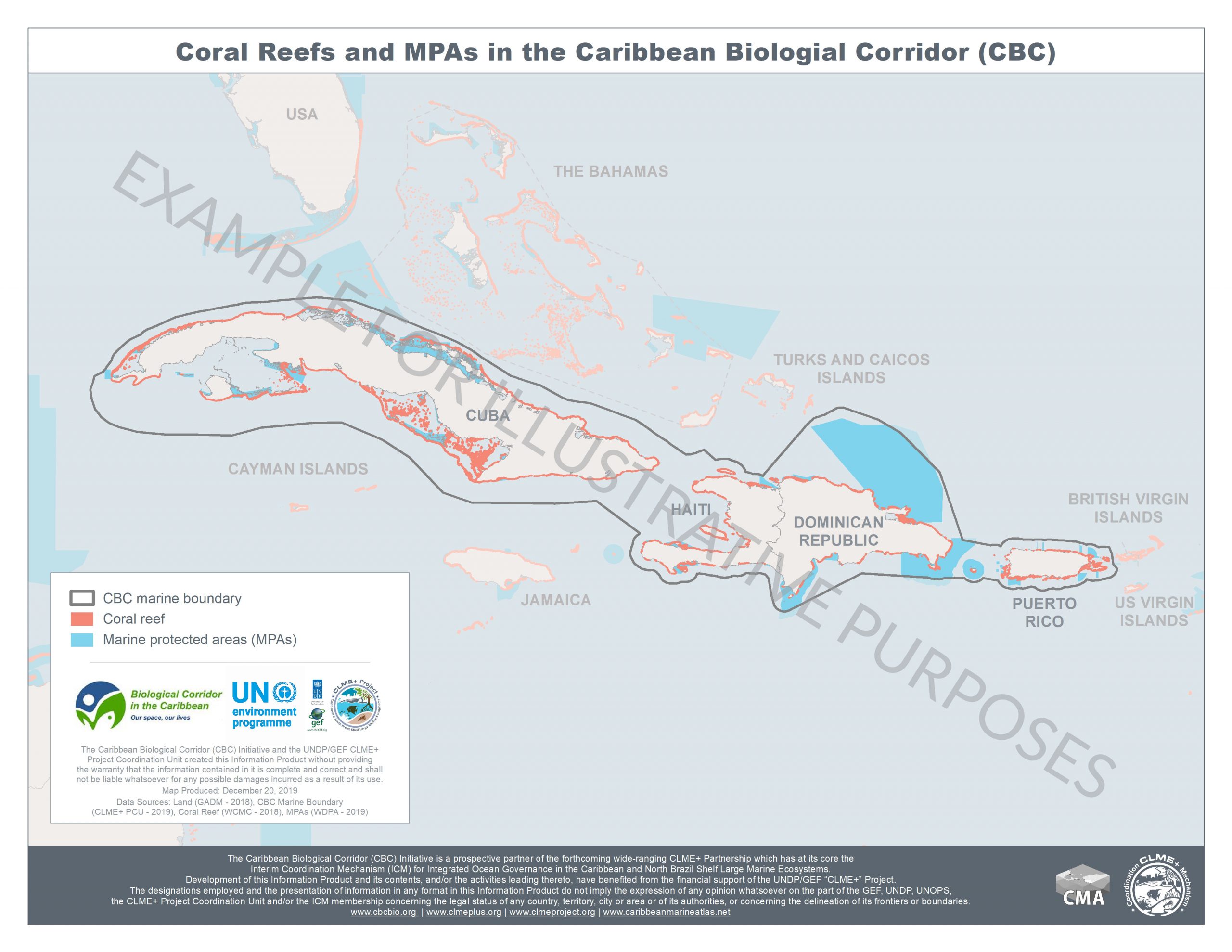
Coral Reefs and MPAs in the Caribbean Biological Corridor (CBC)
Author: CLME+ PCU
Year:
Keywords: Coral Reefs and MPAs in the Caribbean Biological Corridor (CBC)
 7
7


 Report issue
Report issue










